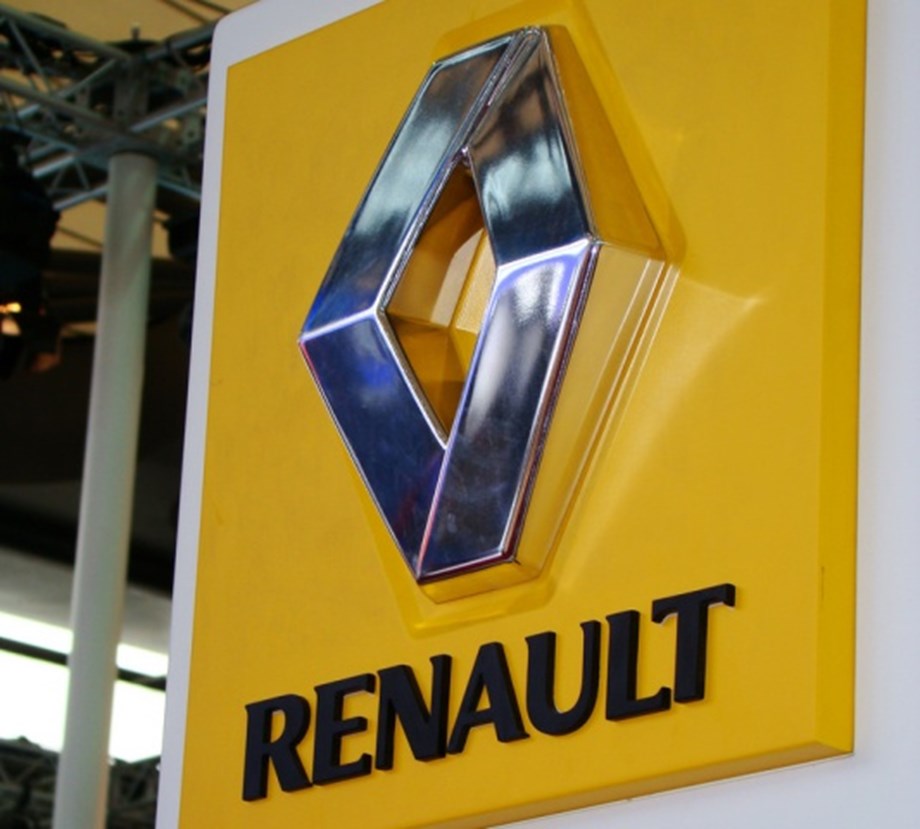French carmaker Renault has announced that it is suspending “the activities of the Renault factory in Moscow” with immediate effect.
The move came Wednesday evening, hours after Ukrainian President Volodymyr Zelenskyy addressed the French parliament virtually, calling on Renault and other French companies with a presence in Russia to stop indirectly supporting the war against Ukraine.
The Renault group’s board of directors met on Wednesday to decide to halt production at the plant that produces the Arkana, Kaptur, Duster and Nissan Terrano SUVs as criticism mounts over its location in Russia.
The lion’s share of the group’s Russian presence, however, goes through its subsidiary AvtoVAZ, through which it sold nearly 500,000 vehicles in Russia in 2021.
Renault said AvtoVAZ was not withdrawing immediately, but was “assessing available options, taking into account the current environment, while acting responsibly towards its 45,000 employees in Russia.”
PARIS — The French Ministry of Defense announced on Wednesday that the country had successfully tested the modernized version of its nuclear missile, the Air-Sol Moyenne Portée.
A ministry statement said it was tested “without a military payload” and was fired from a Rafale twin-engine multirole fighter jet that took off from Cazaux Air Base 120 in southwestern France. “.
The ASMP medium-range air-to-ground nuclear missile, developed by the arms manufacturer MBDA, represents part of the aerial component of French nuclear deterrence.
The announcement comes at the height of the war in Ukraine, when some observers fear the possibility of a military escalation by Russia.
___ BRUSSELS — NATO Secretary General Jens Stoltenberg said any chemical attack by Russia on Ukraine would change the tide of the war, but declined to say whether NATO would take military action.
Asked if a chemical weapons attack is a red line for NATO, Stoltenberg replied: “I will not speculate beyond the fact that NATO is always ready to defend, protect and react to any kind of attack on a NATO allied country. Stoltenberg said that “any use of chemical weapons would fundamentally change the nature of the conflict. This would be a flagrant violation of international law, and will have serious and widespread consequences.”
His remarks on Thursday came as he arrived at NATO headquarters in Brussels to chair a summit of the military organization’s leaders, including US President Joe Biden.
NATO allies are concerned about Russian rhetoric and fear that Moscow wants to create a pretext to use chemical weapons in Ukraine.
The leaders are likely to agree to send equipment to help protect Ukraine against chemical, biological, radiological and nuclear threats.
They are also ready to approve a decision to create four new multinational battle groups in Eastern Europe to deter Russia from attacking NATO members.
(This story has not been edited by the Devdiscourse team and is auto-generated from a syndicated feed.)

